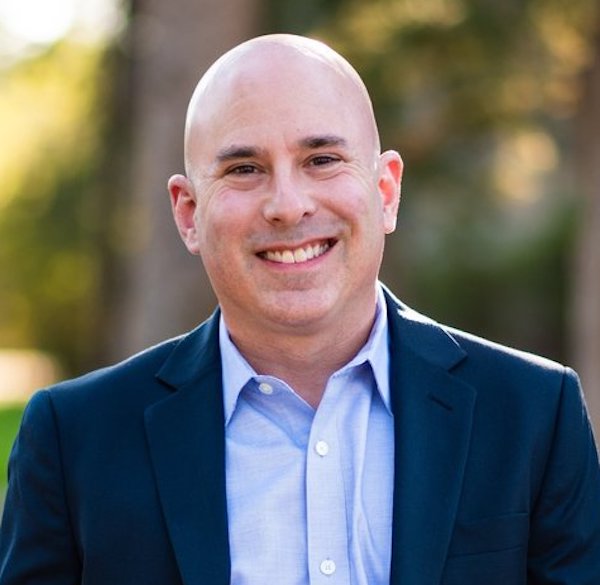“Right-to-disconnect” legislation aims to help employees regain control of their work-life balance, but University of Guelph experts say employees need more autonomy when it comes to how and when they do their job if they are to truly disconnect.
Drs. Nita Chhinzer and Jamie Gruman, both with U of G’s Department of Management, said that while the legislation signals the rejection of the workplace culture that needs employees to be “always on,” it’s essentially forcing employees into set hours of availability.

This is a remnant of the industrial age when the value of employees was based on the inputs, or time, they worked, said Chhinzer.
“The right to disconnect fails to recognize that the value of today’s employees is often based on their outputs, including creative work,” she said.
One of the best ways to achieve a work-life balance is an employer policy that allows employees to choose when and how they disconnect from work. This choice, Gruman said, maximizes the well-being and performance benefits promoted through the right to disconnect.
Another way to maximize the benefits of the right to disconnect, said Chhinzer, is by giving employees a higher, appropriate level of autonomy and flexibility – including an employee’s discretion over how, when and where they work.
But “different jobs have different levels and forms of autonomy they support. For example, an emergency room nurse cannot choose to work from home or independently decide when to arrive at the hospital for a shift,” said Gruman.

An employee’s work autonomy varies depending on the nature of their work and the employer, he added.
The general principle is “to provide as much autonomy as a job will allow and support employees in their exercise of it,” said Gruman, and to provide employees with chances to create their own autonomy parameters that they can then regularly revisit.
Chhinzer and Gruman shared their expertise on the right to disconnect laws in a recent Conversation Canada commentary. Currently, right-to-disconnect legislation is not in place within Canada. In December 2021, Ontario received royal assent its legislation and a bill was introduced in Quebec.
A professor of human resource management and business consulting, Chhinzer studies employee turnover, organizational change and management decision-making.
Gruman studies well-being in the workplace and employee engagement as a professor of organizational behaviour. He is the founding chair of the Canadian Positive Psychology Association.
Both Chhinzer and Gruman are available for interviews.
Contact:
Dr. Nita Chhinzer
chhinzer@uoguelph.ca
Dr. Jamie Gruman
jgruman@uoguelph.ca
